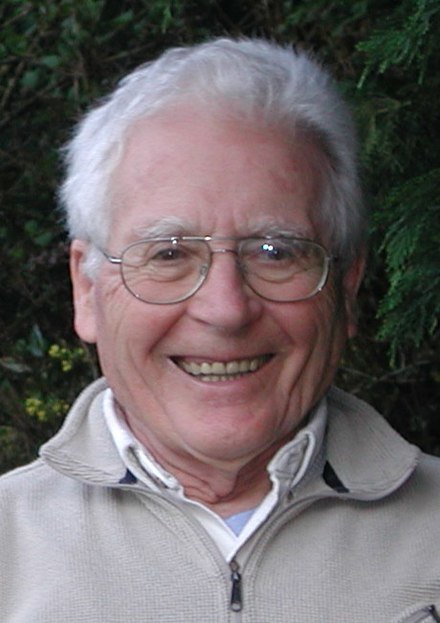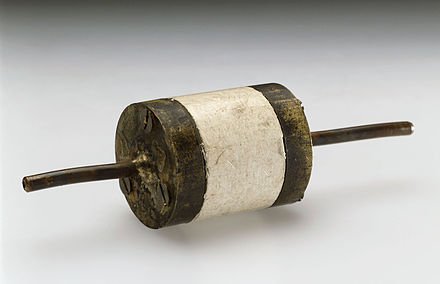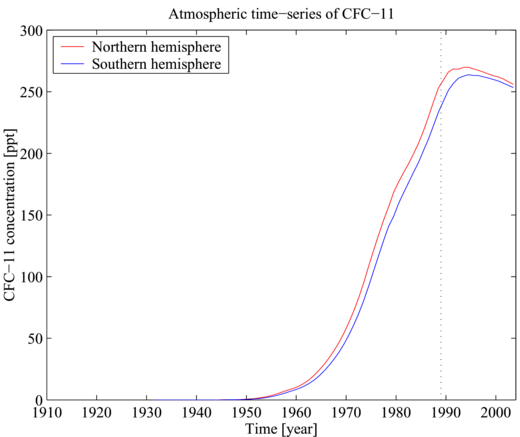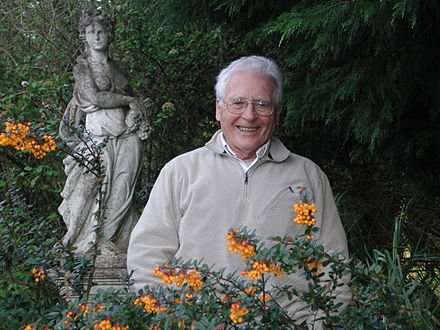British Heritage
Remember, Cherish, Learn.
beta
James Lovelock - The Gaia Hypothesis
Contribution of James Lovelock and the Gaia Hypothesis to British Heritage.
James Lovelock, a British independent scientist, environmentalist, and futurist, has made a significant contribution to British Heritage through his pioneering work on the Gaia hypothesis. This groundbreaking scientific theory postulates that the Earth functions as a self-regulating and interconnected system, akin to a living organism. Lovelock's hypothesis challenges conventional views of the Earth as an inert and passive planet, instead proposing that it actively maintains its conditions to support life.
The Gaia hypothesis, named after the Greek goddess of the Earth, Gaia, has had a profound impact on how we perceive and understand our planet's ecological processes. It highlights the delicate balance and interconnectedness of various environmental factors, such as the atmosphere, oceans, land, and living organisms, all working together to create a stable environment suitable for life.
Born on July 26, 1919, in Letchworth Garden City, England, Lovelock's early life was shaped by a Quaker upbringing and a fascination with the natural world. Despite facing financial constraints, Lovelock's lack of formal education allowed him to approach scientific problems with a unique perspective and versatility.
Lovelock's scientific career began with cryo-preservation experiments on rodents during the mid-1950s. His research in cryonics and cryo-preservation of living organisms laid the groundwork for understanding how life could be sustained under extreme conditions. Later, while working for NASA, he played a key role in designing scientific instruments for planetary exploration.
It was during his work for NASA that Lovelock developed the Gaia hypothesis, a revolutionary concept that challenged the prevailing view of the Earth's systems. The hypothesis suggests that living organisms and their environment coexist in a dynamic and self-regulating system, maintaining conditions suitable for life's perpetuation.
His invention of the electron capture detector, a highly sensitive gas chromatography instrument, enabled the detection of widespread chlorofluorocarbons (CFCs) in the atmosphere. This discovery brought attention to the role of CFCs in ozone depletion and the potential impact on the planet's climate.
James Lovelock's Gaia hypothesis has left a lasting legacy on the understanding of Earth's ecological dynamics. While the hypothesis was initially met with skepticism from some in the scientific community, it sparked a renewed interest in the interconnectedness of Earth's systems and the impact of human activities on the planet's health.
Lovelock's work as an environmentalist and advocate for sustainable living further solidified his contributions to British Heritage. His concerns about global warming and its potential catastrophic effects led him to support nuclear power as a viable alternative to fossil fuels. His willingness to challenge prevailing environmental narratives and propose pragmatic solutions earned him both praise and criticism.
James Lovelock's Gaia hypothesis and his work as an environmentalist have left an indelible mark on British Heritage and the global scientific community. His innovative ideas, scientific contributions, and advocacy for sustainable practices continue to inspire and inform efforts to understand and protect our planet. Lovelock's legacy as a pioneering scientist and environmental thinker ensures that his ideas will continue to shape our understanding of Earth's delicate balance and the importance of responsible stewardship for future generations.
The Gaia hypothesis, named after the Greek goddess of the Earth, Gaia, has had a profound impact on how we perceive and understand our planet's ecological processes. It highlights the delicate balance and interconnectedness of various environmental factors, such as the atmosphere, oceans, land, and living organisms, all working together to create a stable environment suitable for life.
Early Life and Education
Born on July 26, 1919, in Letchworth Garden City, England, Lovelock's early life was shaped by a Quaker upbringing and a fascination with the natural world. Despite facing financial constraints, Lovelock's lack of formal education allowed him to approach scientific problems with a unique perspective and versatility.
Career and Scientific Contributions
Lovelock's scientific career began with cryo-preservation experiments on rodents during the mid-1950s. His research in cryonics and cryo-preservation of living organisms laid the groundwork for understanding how life could be sustained under extreme conditions. Later, while working for NASA, he played a key role in designing scientific instruments for planetary exploration.
It was during his work for NASA that Lovelock developed the Gaia hypothesis, a revolutionary concept that challenged the prevailing view of the Earth's systems. The hypothesis suggests that living organisms and their environment coexist in a dynamic and self-regulating system, maintaining conditions suitable for life's perpetuation.
His invention of the electron capture detector, a highly sensitive gas chromatography instrument, enabled the detection of widespread chlorofluorocarbons (CFCs) in the atmosphere. This discovery brought attention to the role of CFCs in ozone depletion and the potential impact on the planet's climate.
Legacy and Environmental Advocacy
James Lovelock's Gaia hypothesis has left a lasting legacy on the understanding of Earth's ecological dynamics. While the hypothesis was initially met with skepticism from some in the scientific community, it sparked a renewed interest in the interconnectedness of Earth's systems and the impact of human activities on the planet's health.
Lovelock's work as an environmentalist and advocate for sustainable living further solidified his contributions to British Heritage. His concerns about global warming and its potential catastrophic effects led him to support nuclear power as a viable alternative to fossil fuels. His willingness to challenge prevailing environmental narratives and propose pragmatic solutions earned him both praise and criticism.
Conclusion
James Lovelock's Gaia hypothesis and his work as an environmentalist have left an indelible mark on British Heritage and the global scientific community. His innovative ideas, scientific contributions, and advocacy for sustainable practices continue to inspire and inform efforts to understand and protect our planet. Lovelock's legacy as a pioneering scientist and environmental thinker ensures that his ideas will continue to shape our understanding of Earth's delicate balance and the importance of responsible stewardship for future generations.
- James Lovelocken.wikipedia.org








